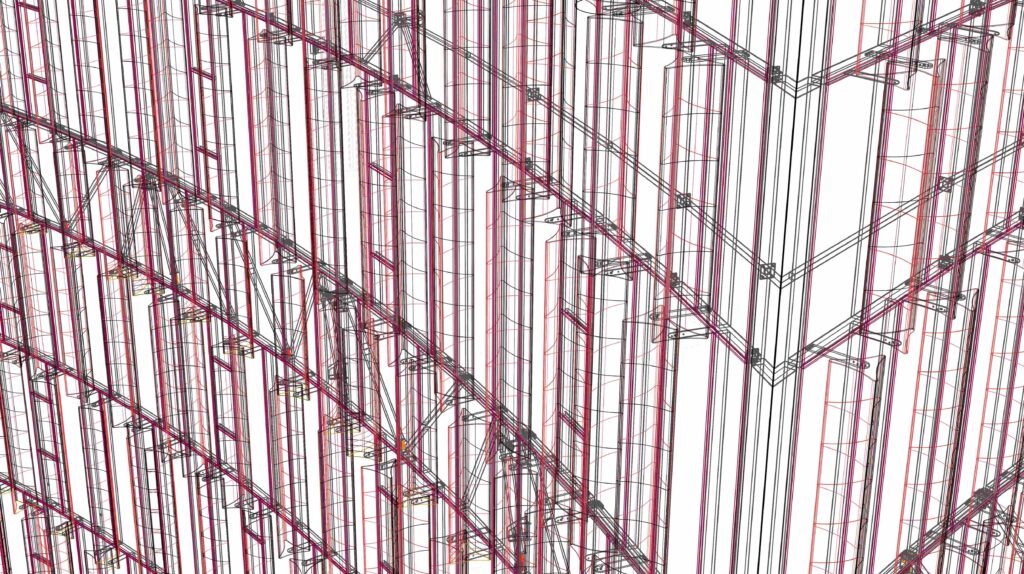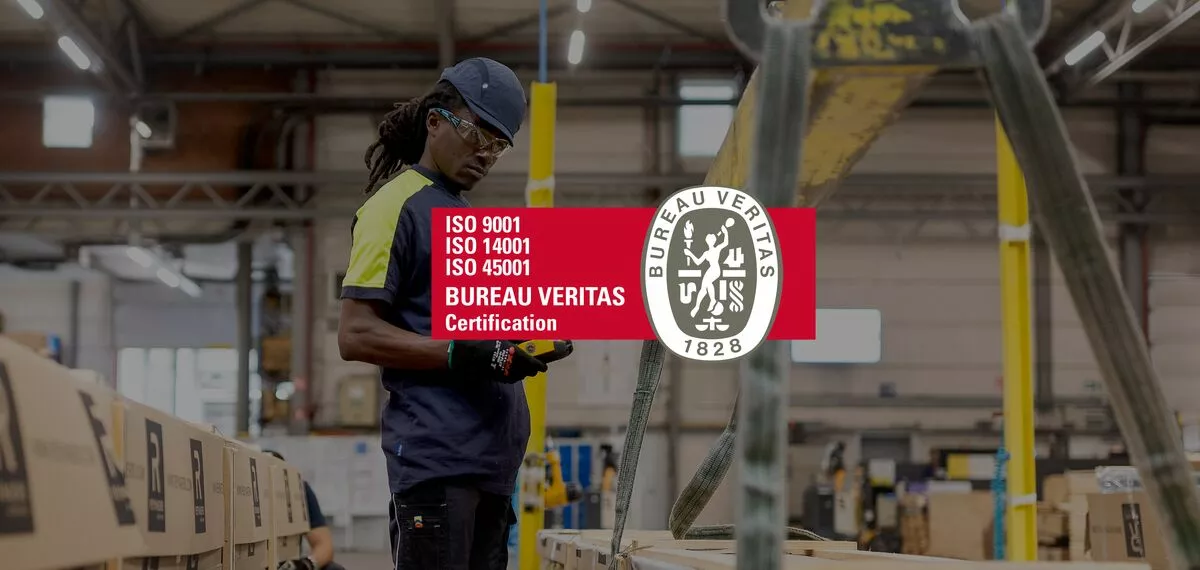
Replacing windows in your Toronto home is a significant investment that can enhance both aesthetics and energy efficiency. However, understanding the factors that influence window replacement costs is crucial for making informed decisions. In this guide, we’ll delve into the key considerations and provide average cost estimates to help you plan your window replacement project effectively.
Factors Influencing Window Replacement Costs:
Window Material:
- Vinyl: Vinyl (PVC) windows are often the most cost-effective choice, offering durability and minimal upkeep.
- Wood: Wood windows provide a classic look but tend to be more expensive due to material and labor costs.
- Aluminum: Aluminum windows are durable and lightweight but may be pricier compared to vinyl.
- Fiberglass: Fiberglass windows offer excellent insulation and durability, often falling in the mid-to-high price range.
Window Type:
- Single-Hung or Double-Hung: These traditional window styles are among the most affordable options.
- Casement or Awning: These types often come at a higher price point due to their mechanisms and sealing capabilities.
- Tilt And Turn PVC Windows: This versatile window type provides both tilting for ventilation and inward turning for easy cleaning, which might affect the overall cost.
- Picture or Specialty Shapes: Custom or specialty-shaped windows typically incur additional costs due to customization requirements.
Size and Number of Windows:
- Larger windows and a greater quantity will naturally increase the overall cost of replacement due to more materials and labor involved.
Energy Efficiency Features:
- Low-E Coatings: Low-emissivity (Low-E) coatings are thin, transparent layers applied to the glass surface. They help minimize heat transfer, reducing both heat loss during the winter and heat gain during the summer. Low-E coatings improve energy efficiency by enhancing insulation but can add to the upfront cost of windows.
- Gas Fills: Some windows feature gas fills between the panes, such as argon or krypton. These inert gases are denser than air and help improve thermal efficiency by reducing heat transfer through the window. However, incorporating gas fills increases manufacturing complexity and materials costs, leading to higher prices for these windows.
- Insulated Frames: Window frames play a crucial role in overall energy efficiency. Insulated frames, made from materials like vinyl or fiberglass, provide better thermal performance by reducing heat transfer through the frame. While insulated frames contribute to energy savings over time, they can result in higher upfront costs compared to non-insulated frames.
Installation Complexity:
- Accessibility: The accessibility of the installation site plays a crucial role in determining the ease or difficulty of the installation process. If the windows are located in hard-to-reach areas, such as high-rise buildings or awkward corners, installers may need specialized equipment or additional labor to safely access and install the windows. This increased complexity can lead to higher installation costs.
- Building Structure: The construction and condition of the building can impact the complexity of window replacement. Older buildings may have structural issues or deteriorated framing that require additional attention and modifications during installation. Similarly, buildings with unconventional designs or architectural features may pose challenges that add time and labor to the installation process, resulting in higher costs.
- Necessary Modifications: In some cases, window replacement may necessitate modifications to the existing structure, such as resizing openings or reinforcing surrounding areas to accommodate new windows. These modifications require additional materials, labor, and expertise, contributing to increased installation complexity and costs.
- Specialized Expertise: Certain types of windows or unique installation requirements may demand specialized expertise from installers. For instance, installing custom or specialty-shaped windows, or implementing specific energy efficiency features, may require additional skills and knowledge. Installers with specialized training or certifications may charge higher rates for their services, thereby increasing installation costs.
Average Window Replacement Costs in Toronto:
- Basic Vinyl (PVC) Window Replacement: $400 – $600 per window
- Wood Window Replacement: $800 – $1,200 per window
- Aluminum Window Replacement: $600 – $800 per window
- Fiberglass Window Replacement: $900 – $1,500 per window
It’s important to note that these figures are rough estimates and actual costs may vary based on specific requirements and market conditions. Additionally, labor costs for installation should be factored into the overall budget, typically ranging from $100 to $300 per window depending on complexity.
Lower your expenses by choosing the right window replacement company in Toronto
Reduce window replacement costs in Toronto with Windora, the top-rated European design and made window supplier in Ontario. Offering premium European windows at competitive prices, Windora ensures quality and affordability for homeowners. Trust Windora for cost-effective window replacement in Toronto without breaking the bank.






